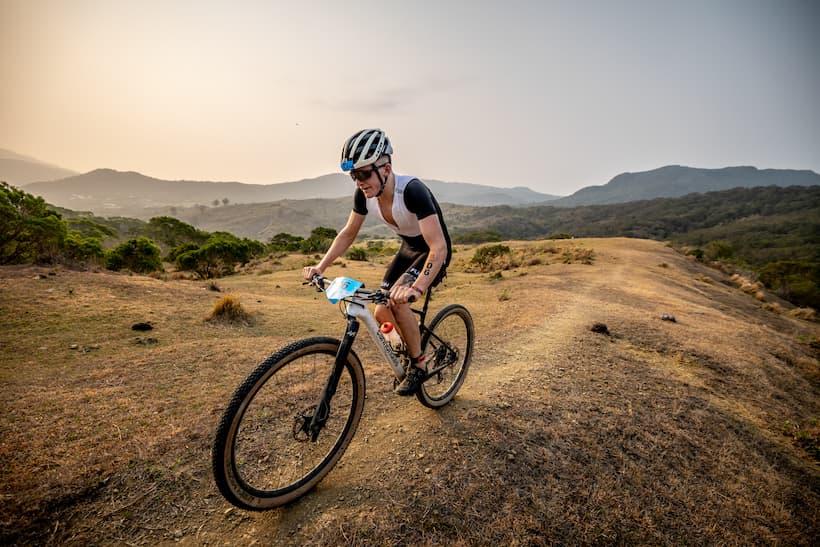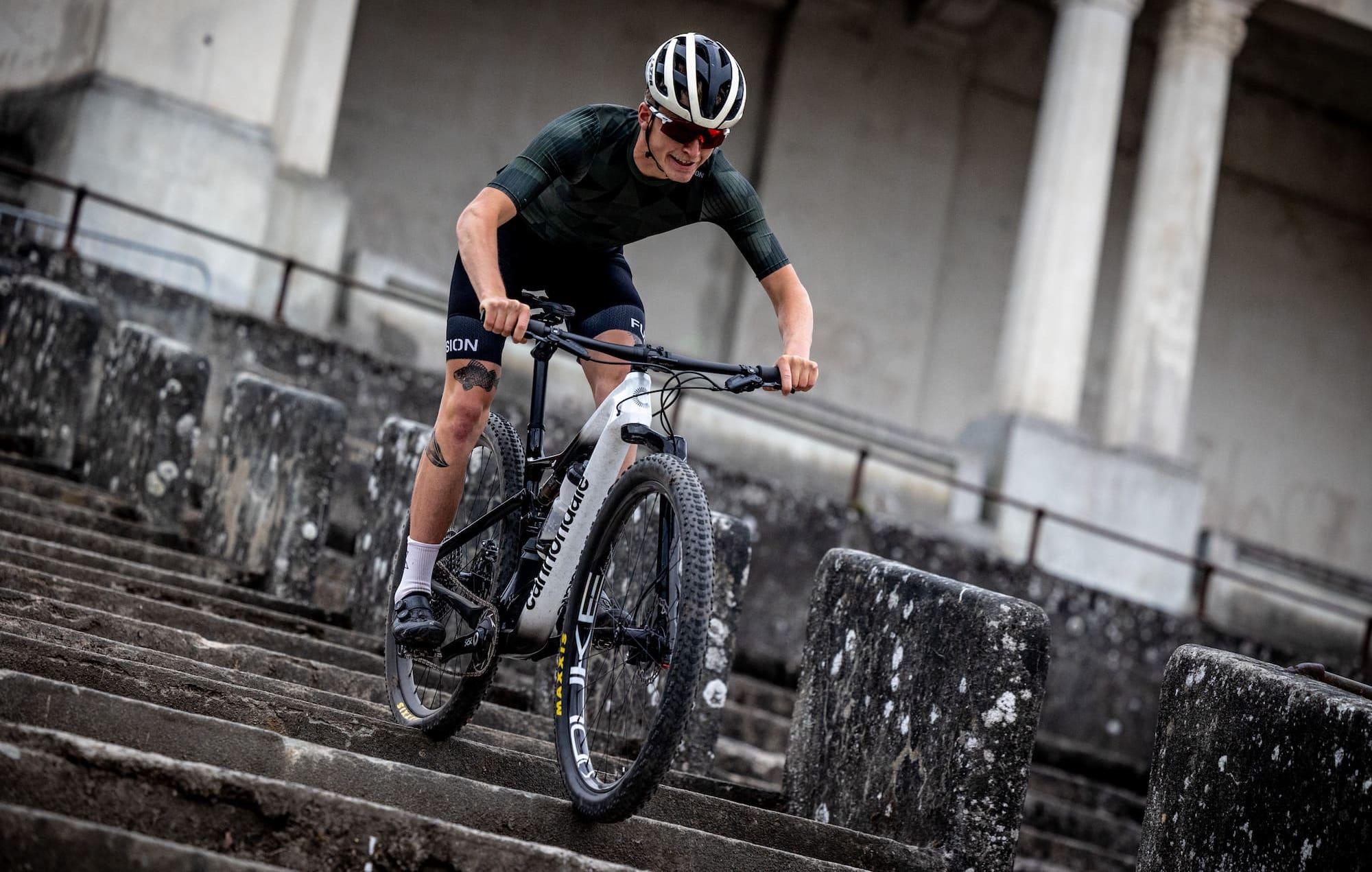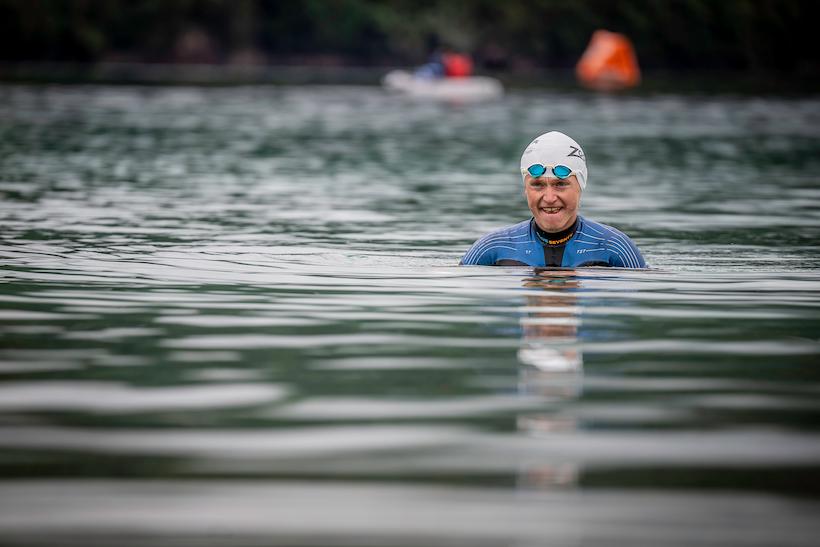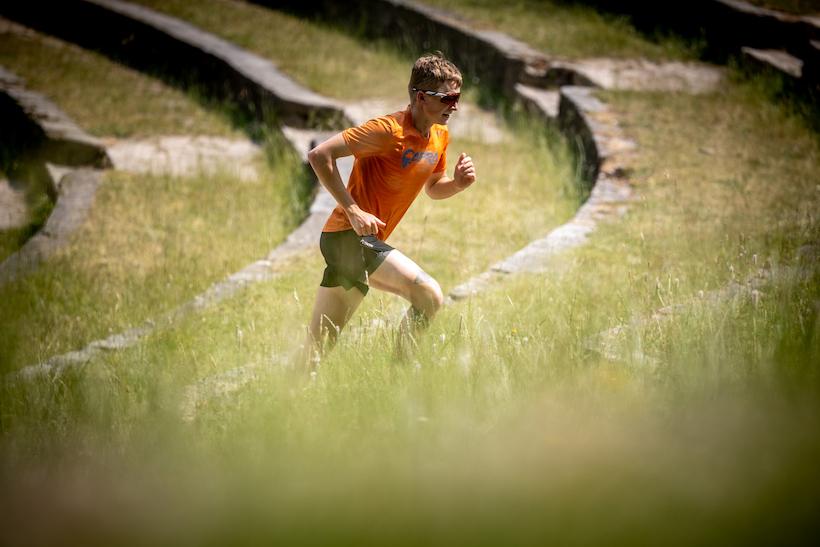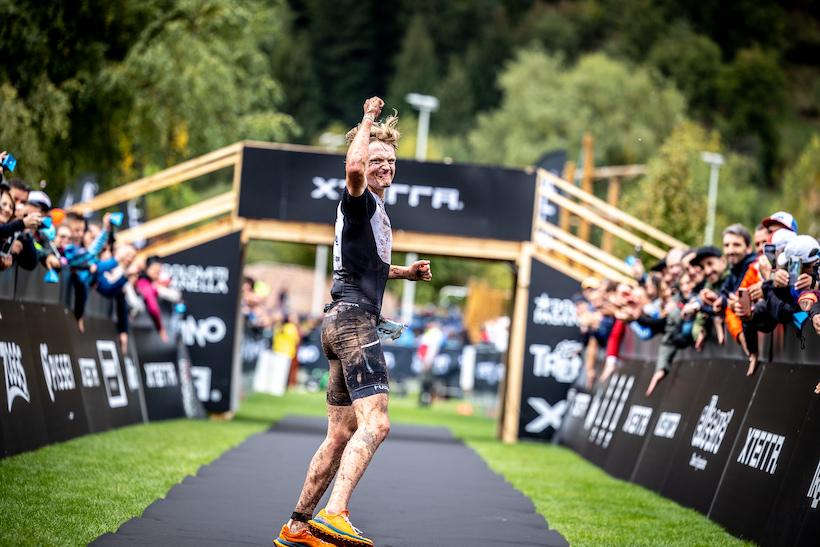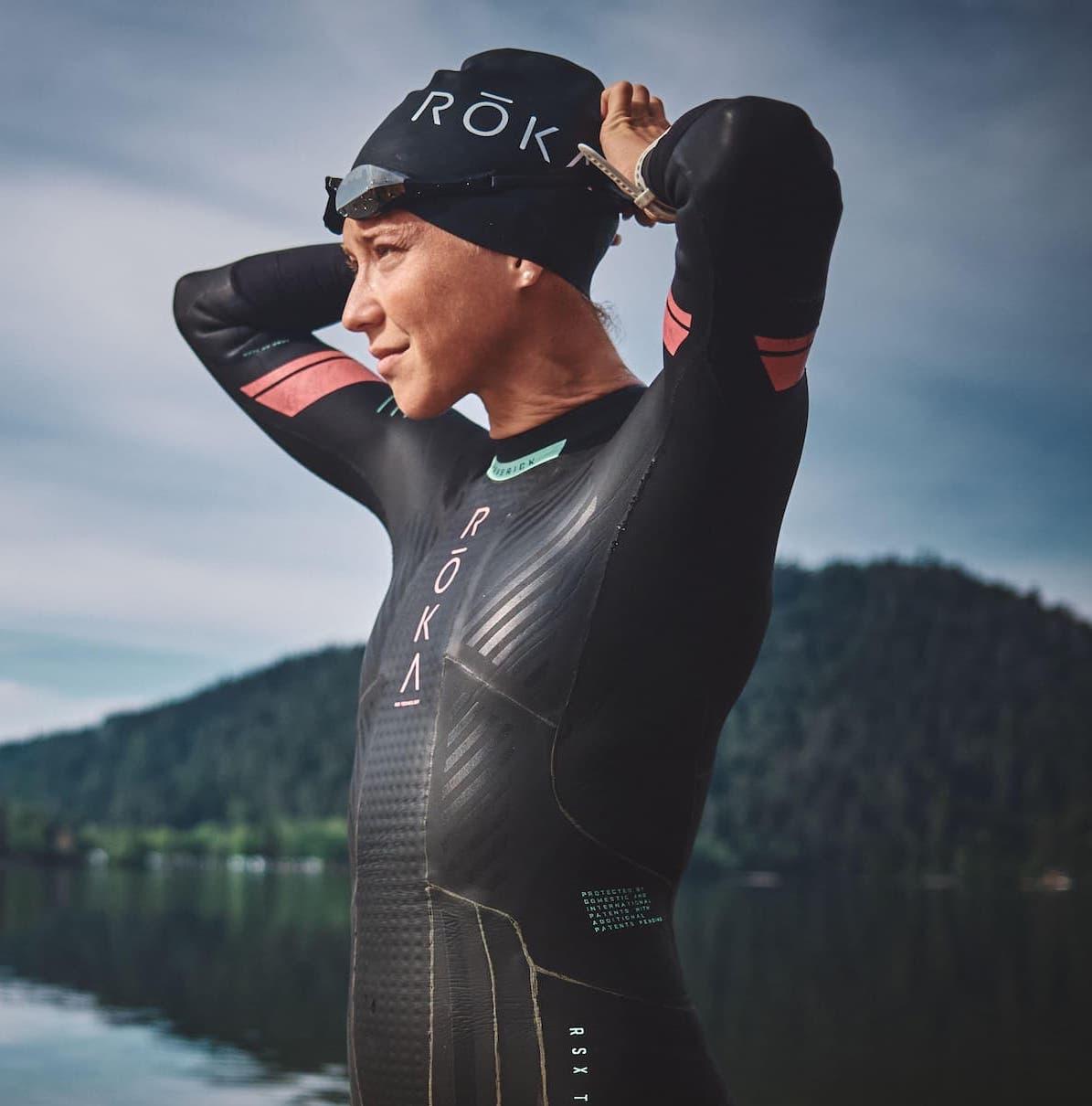Competing As An Outlier
For someone who is pursuing world-class performance, it’s a bold move to do things differently. Jens sees the reality of what his competitors are doing, how athletes like Serrières are totally focused on performance and vocal about training 30 or more hours a week; but, while he is open-minded, he is unshakably confident in his approach. "I don't care how the other people train. [Serrières just does it differently from me, but it's not like I'm laying in my bed at night thinking, oh, is that the right or wrong way, because I trust in my own process.”
Still, Jens says he admires Serrières as a friend and a competitor. “He is very focused and very professional and it's nice to have a guy like that to make us other athletes work harder. Or find another way to work and be able to beat him, because definitely he pushes the level,” he says. “It's clear to see the last two years how he pushed the level, but I'm not gonna try to copy him to get to that level. I won't say I'm never going to do it like that because maybe I am, maybe I'll find a way to do it and that makes me happy. But right now, I think my body is not working like that and I see myself quite different from a lot of other athletes.”
"[Serrières] just does it differently from me, but it's not like I'm laying in my bed at night thinking, oh, is that the right or wrong way, because I trust in my own process.”
Seeing himself as an outlier might just be his superpower, but on the race course, sometimes it catches him off-guard. “It often amazes me when I catch the front guys on the bike, even though I probably was 2 or 3 minutes back after the swim but most of the time it actually just slows me down. I'm like, okay, what do you do now? Do you attack right away, do you stay here, do you drink? It’s not every race that I catch them, but usually I do if I have a good race, and I'm really not mentally prepared to catch them. I don't know why but I always expect them to be faster but that's experience. It's clear to see but it's not something you can read in the books.”
Even after winning Malta, Jens says it didn’t clarify things. He hasn’t won a race since. “I think winning is a whole other different sport. It's so hard to be in the front of a race. It often gives you a lot of motivation, but, actually taking the tape, you have to learn to do that as well. It's not something you do in your training,” he says. Still his belief in his unique process keeps him patient and optimistic: “Winning back-to-back as some of the other guys can do it, I look forward to practising that and I hope I can do it soon.”
